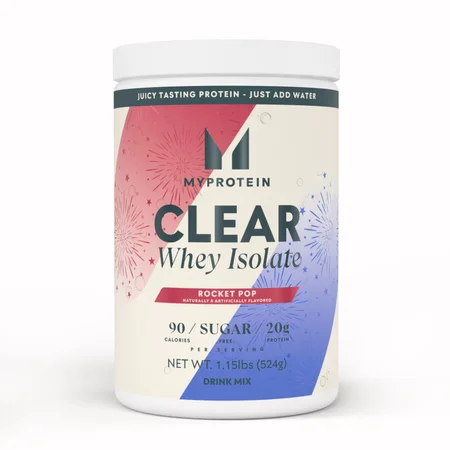Best Whey Protein | The Difference Between Impact Whey & Impact Whey Isolate?
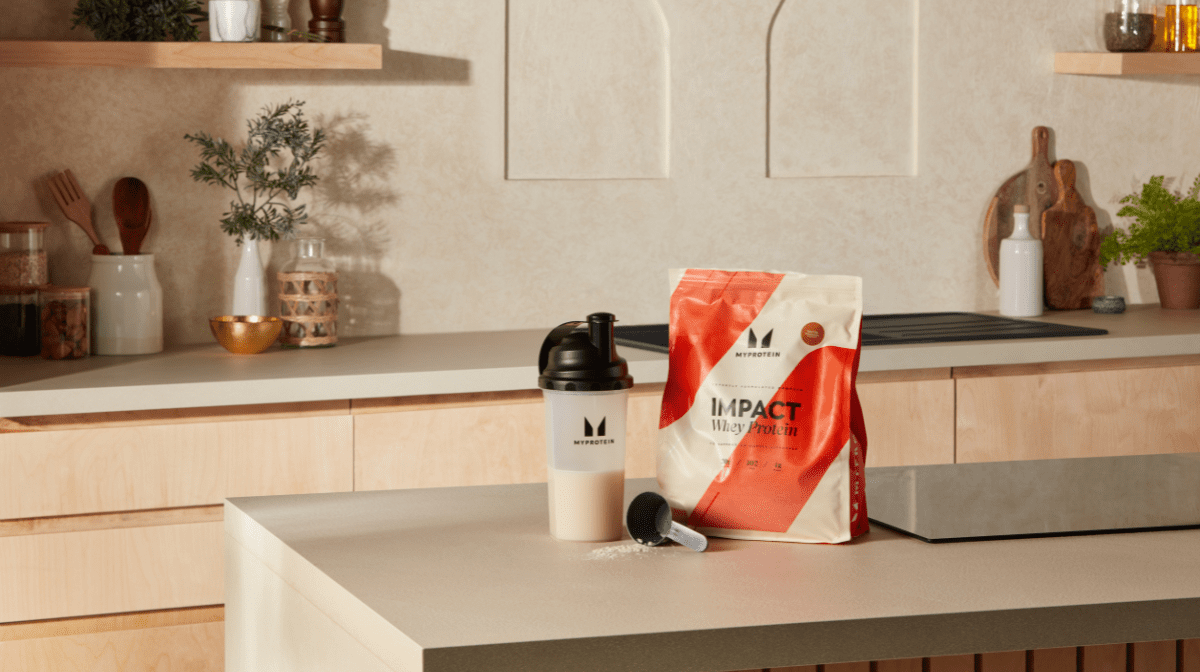
When you first get into health and fitness, there’s no doubt you’ll come across protein powder (I mean, you are reading an article on Myprotein.com). There are loads of different types — clear, casein, vegan, soy — but the powerhouse of the protein world is definitely whey protein.
But whey comes in two forms — whey concentrate and whey isolate. Both will help you to build muscle, but what are the differences between them?
- The best whey protein powder to choose
- What is whey concentrate?
- Whey concentrate benefits
- What is whey isolate?
- Whey isolate benefits
- Whey concentrate vs whey isolate
- Flavor & gain control
- Should I choose Whey Isolate?
- Should I choose Whey Concentrate?
- Alternative protein powders
- FAQs
The best whey protein powder to choose
Whey protein contains protein, fat, carbs, vitamins, and minerals. Due to its strong amino acid content and its ability to be absorbed by the body, it’s ideal for building muscle. It has been shown to promote muscle protein synthesis, support fat burning, and suppress appetite.1It has also been shown to increase the production of glutathione, which is an antioxidant.2
Protein powders are available in the form of whey concentrate or whey isolate. Both contain protein; however, isolate, which is made from whey concentrate, undergoes further processing to yield a product with a higher protein concentration.
What is whey concentrate?
Whey protein is produced when liquid portions of milk are pushed through a refined filter. The material left behind dries to form whey protein concentrate. This form of whey varies depending on the amount of fat and carbohydrates in the form of lactose.
The protein content varies between 30-80%, and it can include numerous protein sub-factions.
Whey protein concentrate benefits:
- Tends to be cheaper than whey isolate.
- Is a complete protein source, meaning it contains all nine essential amino acids.
- Is low in carbohydrates and fats.
What is whey isolate?
While concentrate has a protein content of approximately 80%, isolate’s is approximately 90%. This is due to cross-flow microfiltration, which causes the protein to separate from fat and lactose. Whey isolate is a popular choice for people on low-fat diets, as it’s lower in fat compared to concentrate.
Whey isolate is also much lower in lactose, making it ideal for those with an intolerance. As whey concentrate is further processed and purified to make whey isolate, the structure becomes degraded and loses some of its biological activity. However, the amino acid structure and sequence is unaffected, which is what’s important for building muscle. All large proteins are broken down into amino acids during digestion anyway, so whether this happens in your gut or during manufacture makes no difference at all.
The choice of whey you choose should depend on your goals, budget, and allergies. As whey concentrate has a significantly higher amount of lactose, it’s better to opt for isolate if you’re lactose intolerant. However, as isolate requires more processing than concentrate, it is also more expensive.
Whey isolate benefits:
- Is lower in carbohydrates than whey concentrate.
- Is lower in fat than whey concentrate.
- It also has higher protein content than whey protein concentrate.
- Is lower in lactose than concentrate.
- Is also a complete protein source.
Whey concentrate vs. whey isolate
We’ve established by now that whey protein comes in two forms — concentrate and isolate. A customer favorite, Impact Whey Protein is whey concentrate. It's made by pushing liquid whey through a filter and drying it.
Whey isolate goes through a process called crossflow microfiltration, which is a more rigorous filtration process which causes the protein to separate from fat and lactose.
As well as differences in the filtration process, they also have slightly different nutritional contents.
Protein
Whey concentrate has an 80% protein content, whereas whey isolate has a slightly higher protein content of 90% due to the additional filtering.
Fat
Whey isolate also has a lower fat content thanks to its filtration process, making it ideal for anyone looking to decrease the fat in their diet.
Lactose
Because of whey isolate’s more rigorous filtration process, which separates the fat and lactose from the protein, whey isolate is more suitable for those with lactose intolerance.
Absorption rate
The absorption rates of whey isolate and whey concentrate are pretty much the same, so you’ll reap muscle-building benefits from both.
Flavor & Gain Control
Let’s break down the macros:
| Comparison: | Impact Whey Protein | Impact Whey Isolate |
| Cal (per 25g) | 103 | 93 |
| Fat (per 25g) | 1.9 | 0.1 |
| Carbs (per 25g) | 1.0 | 0.6 |
| Protein (per 25g) | 21 | 23 |
| Number Flavors Available | 51 | 22 |
Should I choose whey isolate?
Whey isolate is ideal for anyone wanting a high quality protein with a low fat and calorie content. However, due to the additional processing needed to make whey isolate, it’s slightly pricier than concentrate.
Should I choose whey concentrate?
If you’re looking for a quick and easy way to up your daily protein intake, whey concentrate is a great choice. It has a slightly higher fat content than isolate, but it’s still 80% protein and slightly cheaper.
Alternative protein powders
Although, milky shakes aren’t for everyone. Enter: Clear Whey Isolate. It’s protein, but juicy.
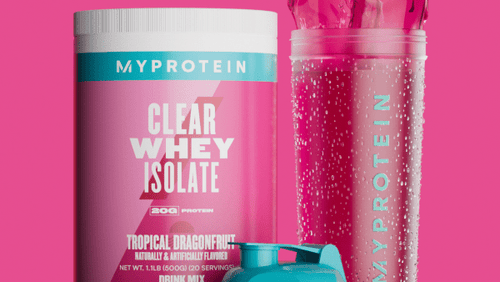
Clear Protein - Our Ambassadors' Top Choice
The reviews are in, and Clear protein supps are a hit.
And note, whey proteins are made from dairy, so they’re not vegan. Instead, try the vegan range.

Best Vegan Supplements For Training & Bodybuilding
Your definitive guide...
FAQs
Whey concentrate is created by pushing liquid portions of milk through a filter. The material left is then dried to form whey concentrate, which consists of around 80% protein.
Whey isolate has a protein content greater than 90%. It also has lower lactose content than whey concentrate.
Per 25g, Impact Whey contains 1.9g of fat, while Impact Whey Isolate contains 0.1g.
Per 25g, Impact Whey contains 1g of carbs, while Impact Whey Isolate contains 0.6g.
Per 25g, Impact Whey contains 103 cal, while Impact Whey Isolate contains 93 cal.
Absolutely. Some of our favorite ways to increase your protein intake are through baked goods. Think oatmeal, pancakes, baked oats, or even cheesecake.
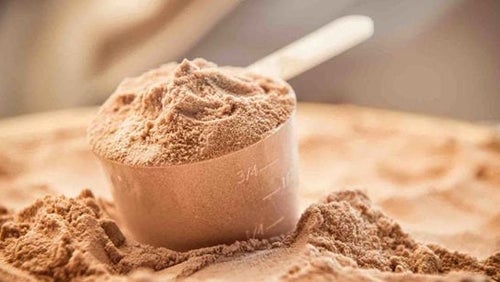
5 Whey Protein Recipes
Take home message
Whey protein concentrate and isolate are both excellent sources of protein. However, isolate is slightly purer, resulting in a higher protein concentration with less fat, carbs, calories, and lactose. The difference in price (isolate is slightly more expensive) reflects the extra manufacturing steps it takes to purify the whey protein.
FIND OUT MORE ABOUT SUPPLEMENTS HERE:
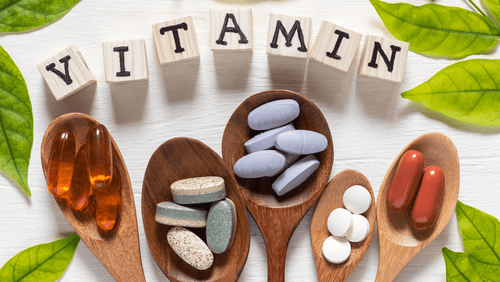
The Complete Guide To Vitamins, Minerals & Supplements To Boost Your Health
Vitamin cheat sheet inside.

Probiotics 101: Everything You Need To Know
Hint: they support immunity and digestive health.

Can You Take Creatine & BCAAs Together?
Spoiler alert: yes. And here's why it's a good idea.

- Mollahosseini, M., Shab-Bidar, S., Rahimi, M. H., & Djafarian, K. (2017). Effect of whey protein supplementation on long and short term appetite: A meta-analysis of randomized controlled trials. Clinical nutrition ESPEN, 20, 34-40.
- Bumrungpert, A., Pavadhgul, P., Nunthanawanich, P., Sirikanchanarod, A., & Adulbhan, A. (2018). Whey protein supplementation improves nutritional status, glutathione levels, and immune function in cancer patients: a randomized, double-blind controlled trial. Journal of medicinal food, 21(6), 612-616.Bes
